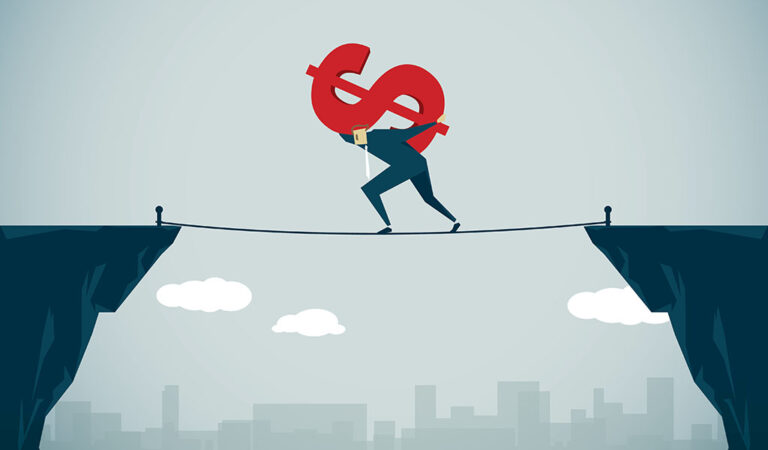After a well-deserved vacation, it is common for our finances to be affected by the extra expenses associated with trips, outings and impulse purchases. Getting back to the routine also means taking control of the budget and getting organized to avoid debt or financial difficulties. Although it may seem difficult at first, with some adjustments and good planning, it is possible to recover without too many complications.

The first step is to evaluate the current state of your finances. Check how much money you have available, what your debts are and what your fixed expenses will be for the month. Having clarity about your situation will help you make better decisions and avoid further financial mistakes. It is also useful to compare what you spent during the vacations with what you had budgeted, to learn from the experience.
A very useful strategy is to establish a short-term savings plan. You don’t need to save large amounts from the beginning, but it is important to set aside a portion of your income for an “emergency reserve” to give you stability. You can use personal finance applications to automate this process and avoid the temptation to spend that money.

It is also advisable to reduce unnecessary expenses temporarily. Avoid impulse purchases, unused subscriptions and expensive outings during the first few weeks after you return. Cooking at home, using public transportation or reusing things you already own can make a big difference at the end of the month.
Finally, consider generating extra income, either by selling things you do not use, offering a service on your own or taking on freelance work. This additional source will help you balance your budget faster and get back on track financially. With patience, organization, and discipline, you will return to financial stability sooner than you think.








